The Cenotaph in Whitehall was first opened as a temporary war memorial on Peace Day, 19 July 1919 when celebrations to mark the end of the First World War were held throughout the UK and Ireland. It was designed and built in plaster and wood by Edwin Lutyens at the request of the then Prime Minister Lloyd George. The Times referred to Peace Day as "the greatest ritual day in our history"; the object of this state event was to represent society as a harmonious whole, united in remembrance, and to paper over the social tensions of the period. And for the past nine decades the Cenotaph in Whitehall, London has played host to the Remembrance Service, forming such an enduring part of our commemoration of those who lost their lives in past conflicts. At its unveiling, the base of the monument was spontaneously covered in wreaths to the dead and ‘missing’ from The Great War. Such was the extent of public enthusiasm for the construction, it was decided that The Cenotaph should become a permanent and lasting memorial. The Cenotaph, made from Portland stone, was unveiled in 1920. The inscription reads simply "The Glorious Dead". Donald Bell was a defender for Bradford Park Avenue FC but in November 1914, he joined the army. Then just two days after his marriage in 1915 he was sent to France. On 5 July 1916, during the Battle of the Somme, he won the Victoria Cross for outstanding bravery, by stuffing his pockets full of grenades, creeping up on an enemy machine-gun post and capturing it. He wrote to his mother “I must confess that it was the biggest fluke alive and I did nothing. I only chucked the bomb and it did the trick....” Five days later, he died, trying to repeat the same feat. William Jonas played for Clapton (later Leyton) Orient. I guess he was like many of our current Premier League favourites in that he was very popular with the ladies. However, the hundreds of appealing letters that dropped on to his doormat each week concerned this happily married man. His response was to ask ‘the Orient’ to put a notice in the next match day programme thanking the ladies very much, but please would they stop! He served in the army alongside teammate Richard McFadden, who reported William’s last moments: “Both Willie and I were trapped in a trench near the front in Somme, France. Willie turned to me and said ‘Goodbye Mac. Best of luck, special love to my sweetheart Mary-Jane and best regards to the lads at Orient.’ Before I could reply to him, he was ‘up and over’. No sooner had he jumped out of the trench, my best friend of nearly 20 years was killed before my eyes.” On the Somme, on 1 July, 1916, under heavy enemy fire, the 8th Battalion, East Surrey Regiment waited in their trenches to go ‘over the top.’ As a way of encouraging them, Captain Billy Nevill had four footballs to kick across No Man's Land, promising a reward to the first to score a ‘goal’ in enemy trenches. Led by Nevill, they set off. Many were killed at once, but the rest charged with the footballs bouncing ahead of them and achieved their objective. Sadly, Nevill was not one of them. He had been killed just outside the German wire. One of the footballs was inscribed: "The Great European Cup, The Final, East Surreys v Bavarians, Kick Off at Zero". Moreover, through the sacrifice of so many, our Premier League stars can today fill the front pages of our newspapers with their off-field troubles and offshore bank accounts with a wealth far beyond the comprehension of William Jonas.
On through the hail of slaughter, Where gallant comrades fall, Where blood is poured like water, They drive the trickling ball. The fear of death before them, Is but an empty name; True to the land that bore them, The SURREYS played the game.


























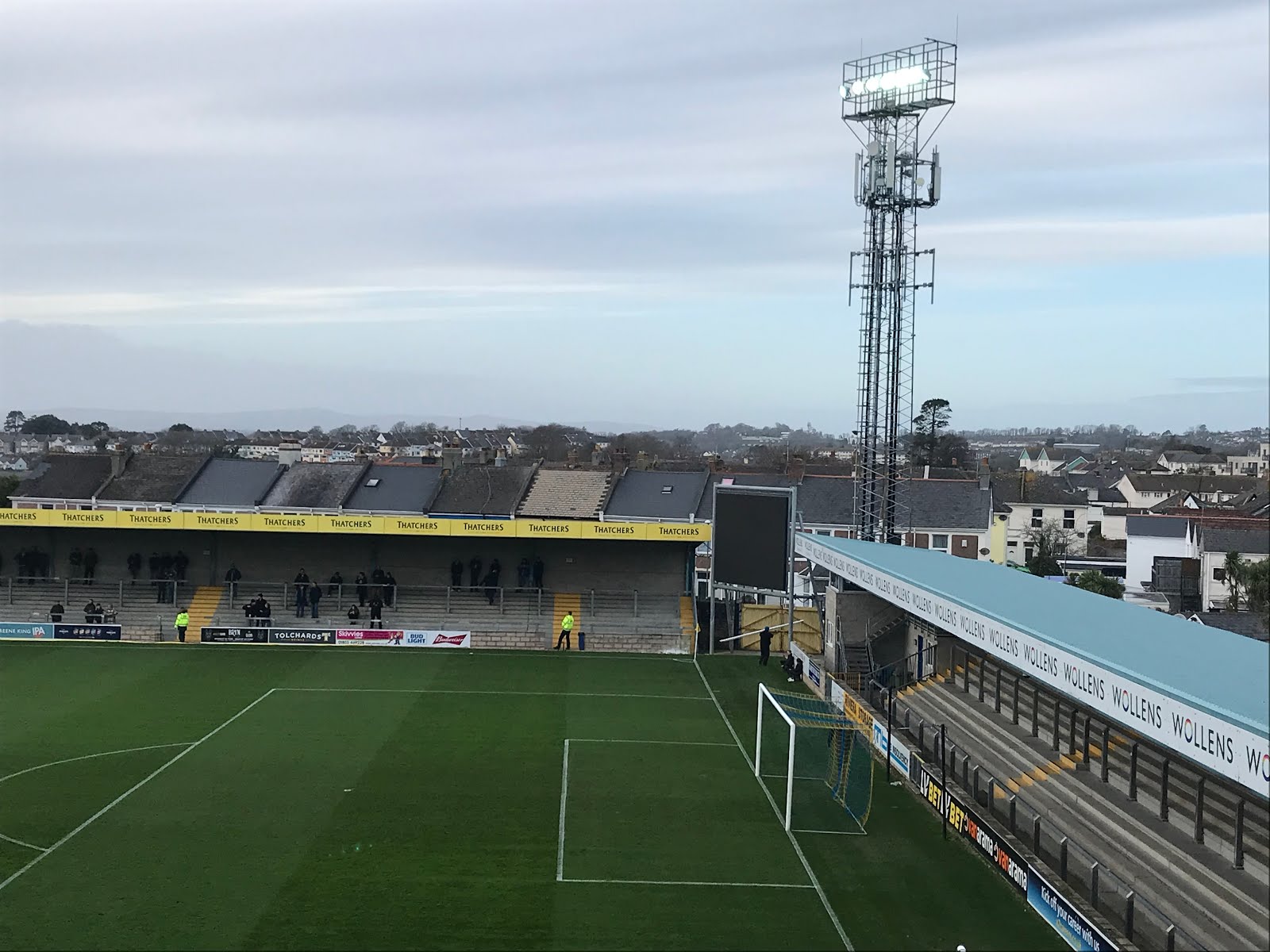











































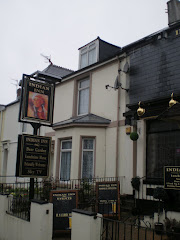


























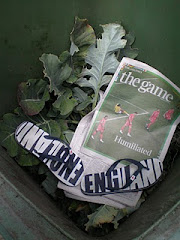







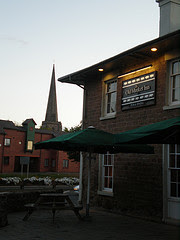










































































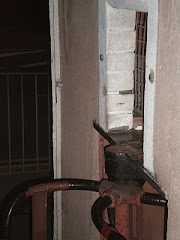
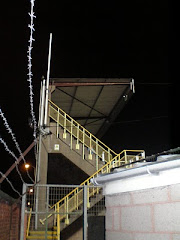

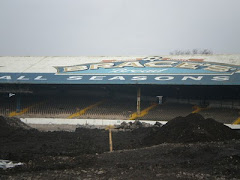
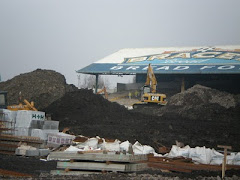
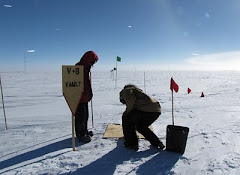


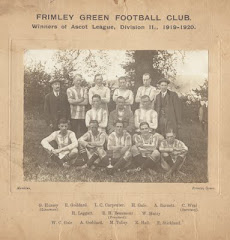
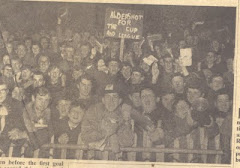
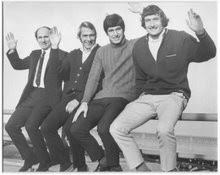

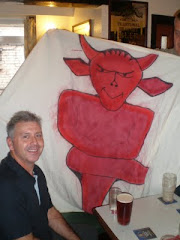
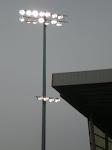
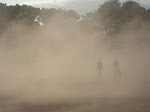

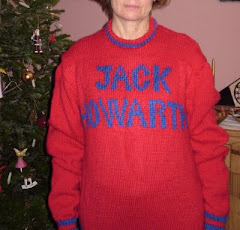















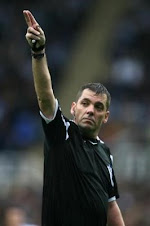
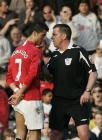



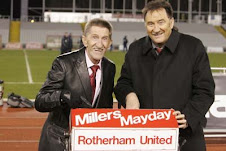




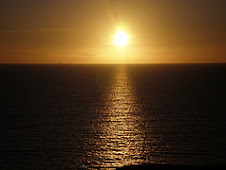


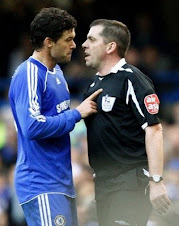





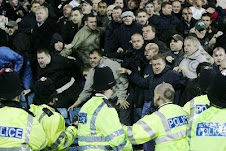



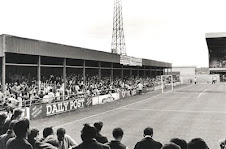












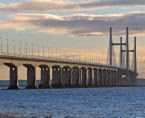



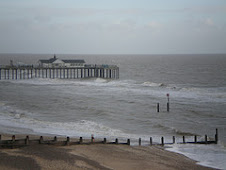









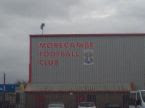










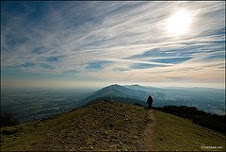








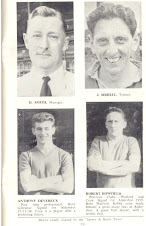
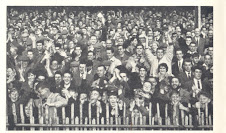

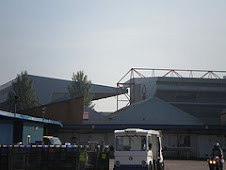
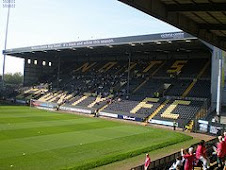





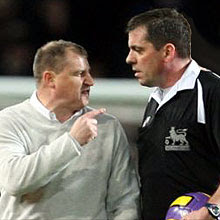








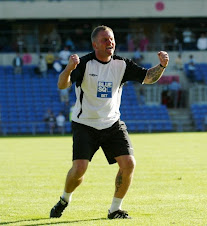






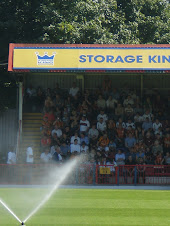

















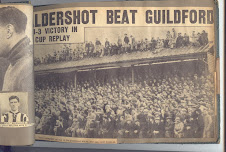








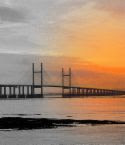
















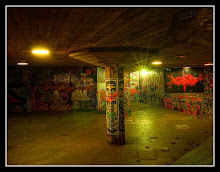









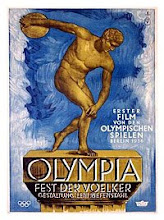

















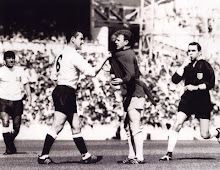






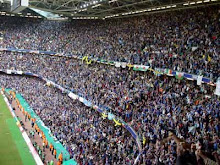

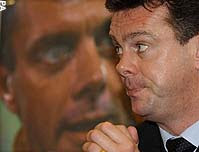











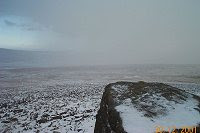


















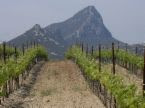


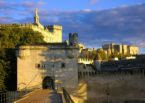













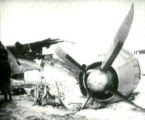








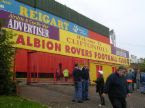

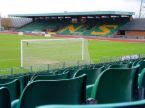

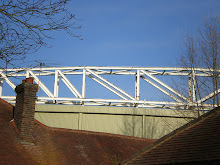
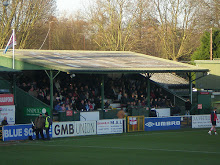
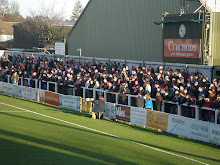
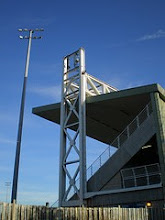



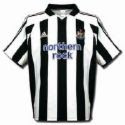

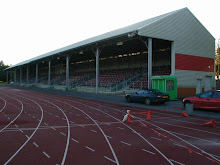







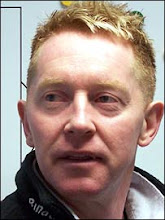





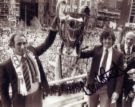
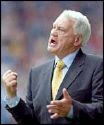










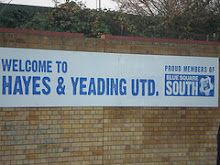
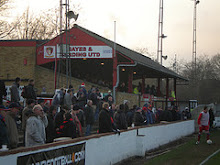
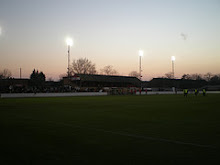



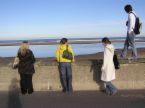
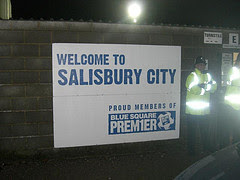
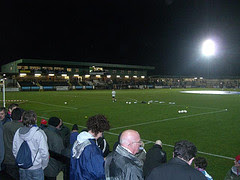
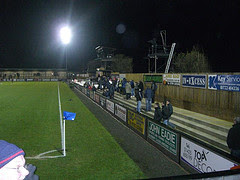


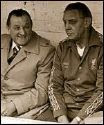

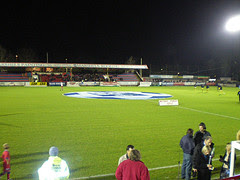
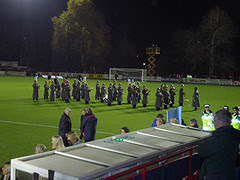



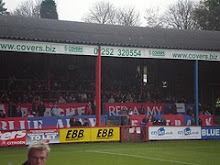












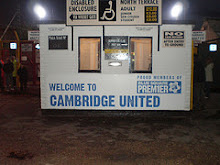
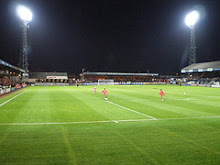
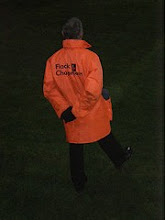

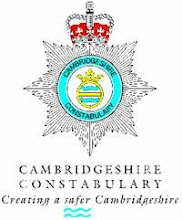



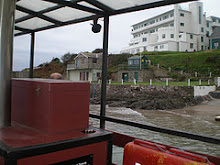
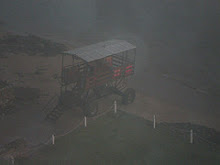
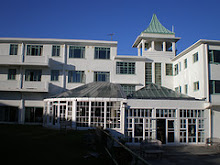


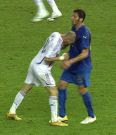













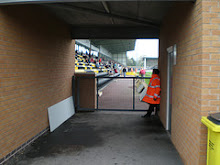
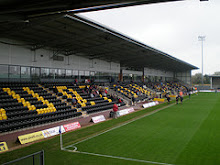

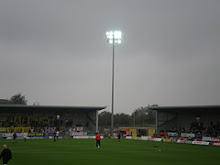






























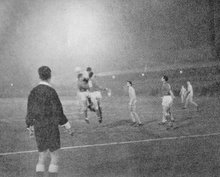

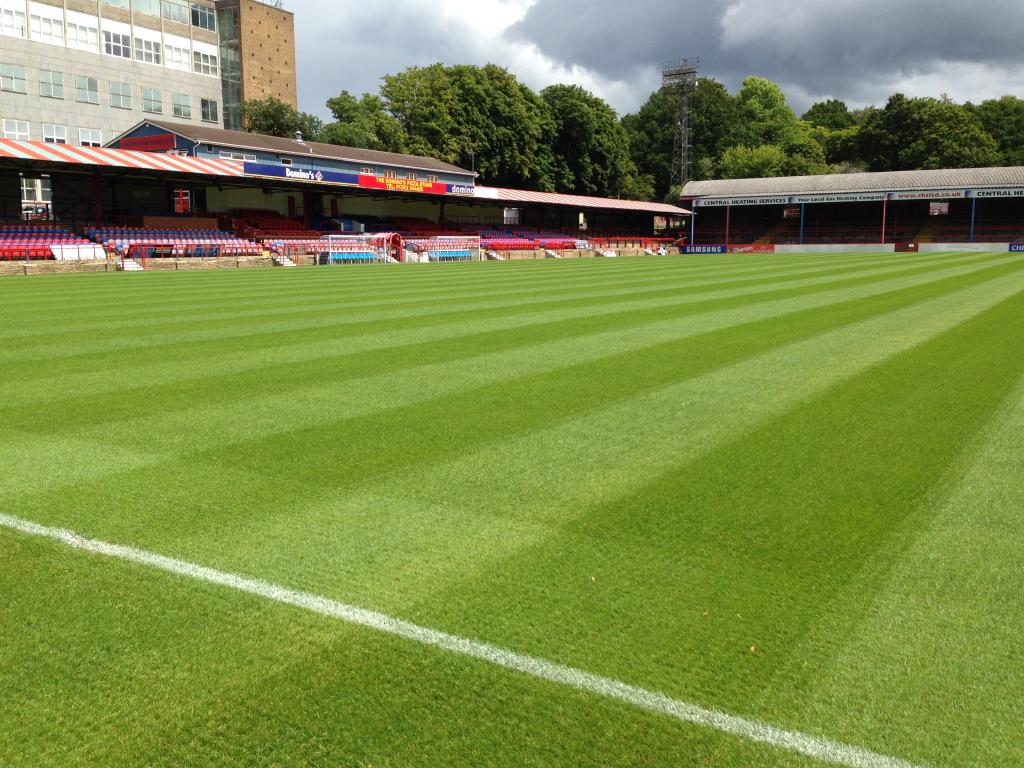

No comments:
Post a Comment